Leading innovators in CRISPR nucleases for the pharmaceutical industry
Pharmaceutical Technology
FEBRUARY 15, 2023
Innovation S-curve for the pharmaceutical industry CRISPR nuclease is a key innovation area in pharmaceutical development CRISPR, which refers to clustered regularly interspaced short palindromic repeats, are bacteriophage-derived DNA sequences that had previously infected the prokaryote and are found in the genomes of bacteria and archaea.

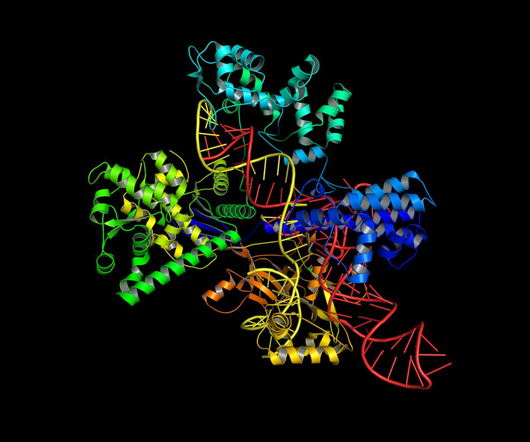


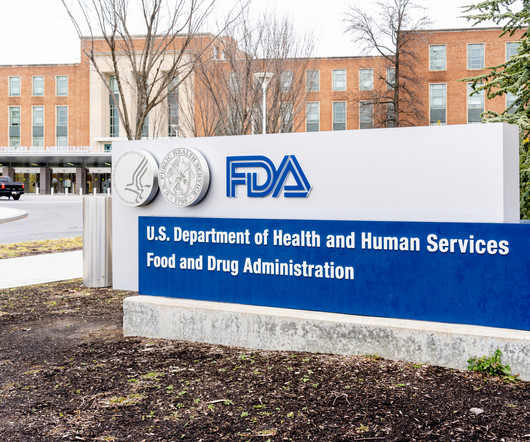


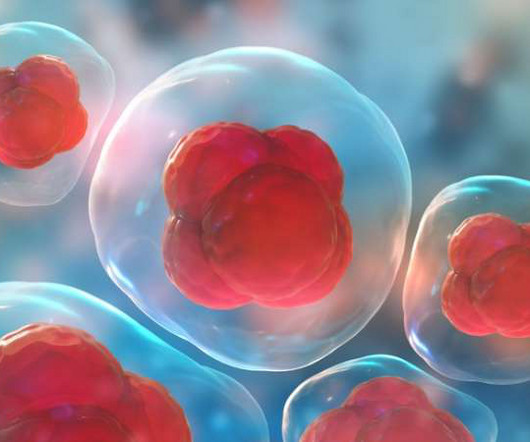
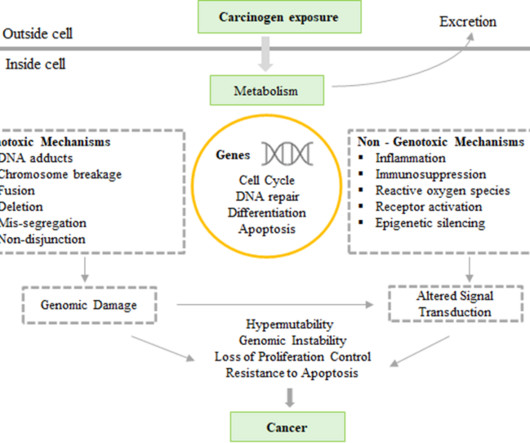
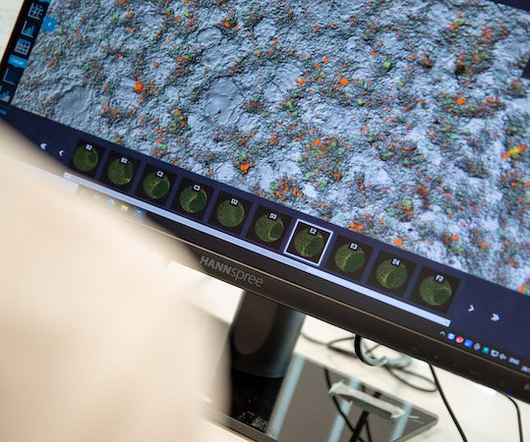
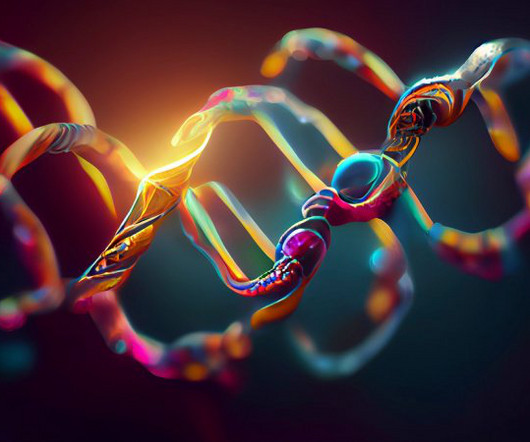










Let's personalize your content